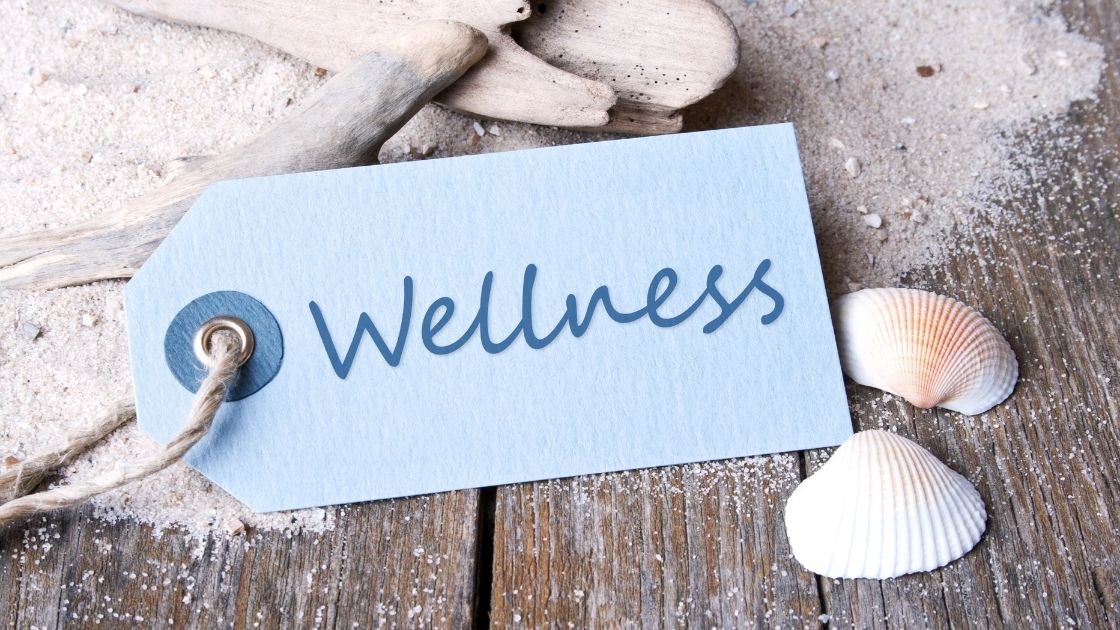This article is an introduction to a series of articles on the research into natural supplements and lifestyle options to reduce your risk of getting Covid. My goal here is to give you a toolbox of options that research shows may help.
I encourage you to use the information in determining your own best path forward. Talk with your doctor if you have any medical questions.
No one wants to get sick…
It turns out that there is quite a bit of research on ways to decrease the risk of getting Covid (and actually of preventing a bunch of different respiratory viruses).
The CDC website has a section on preventing COVID-19. The recommendation is only to get vaccinated. (They used to recommend cleaning your home, wearing a mask, and improving ventilation in your home.)[ref]
Prevention and treatment strategies, backed by research:
Thousands of research studies on COVID-19 look at who is more likely to get sick and who is more likely to have severe COVID-19. No single supplement or pill is going to treat or prevent COVID-19, at this point. Instead, one likely needs a multi-pronged approach to optimizing health and lifestyle.
In my opinion, a multipronged approach to optimizing immune response and decreasing negative lifestyle factors should help everyone.
For me, this approach includes:
- Lifestyle factors such as eating a healthy diet (most of the time…), getting some exercise each day, and prioritizing quality sleep.
- Taking several of the well-researched natural supplements that have been shown to reduce the risk and/or severity of COVID-19.
- Having a plan and being prepared to self-isolate if I get sick.
The following articles may help you to figure out your own, personalized approach to reducing your risk factors:
Vitamin D:
ARTICLE: Examining the Research on Vitamin D and SARS-CoV-2
The headlines on vitamin D for COVID-19 can be completely contradictory. This article examines the research studies on vitamin D.
TLDR: Deficiency in vitamin D is strongly linked to severe COVID-19.
Melatonin:
ARTICLE: Research studies on melatonin and SARS-CoV-2
Melatonin is a lot more than a sleep supplement. While sleep is important, melatonin also has immune modulatory properties that are mechanistically important in COVID-19.
TLDR: Melatonin supplementation has been associated with a reduced risk of COVID-19 in epidemiological studies. Whether or not you need to supplement with melatonin for prevention is likely age-dependent.
Natural polyphenols:
ARTICLE: Natural Plant Compounds backed by research
TLDR: There is some research and a couple of clinical trials on curcumin, quercetin, and nigella sativa for the prevention and treatment of SARS-CoV-2. The trials are small, but they show very positive results for natural supplements that are cheap and generally regarded as safe.
Circadian dysfunction increases disease susceptibility:
ARTICLE: Circadian rhythm and your immune response to viruses
A quick article that explains how your circadian rhythm is important in your initial ability to fight off a virus.
TLDR: Screwing up your circadian rhythm increases your risk of many infectious diseases. Go to bed at your normal time, block blue light before bed to increase melatonin, and stick to your typical circadian routine.
Zinc and Your Immune System:
ARTICLE: Zinc genes: The Healing Power of Zinc
Learn why zinc is important for your immune system and so much more. Find out how your genes impact your need for zinc and discover ways of boosting your zinc status.
TLDR: Zinc is an essential part of our immune response to many viruses. You need the right amount of zinc to optimize your immune response.

